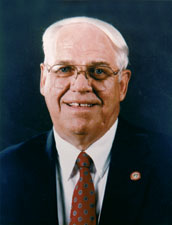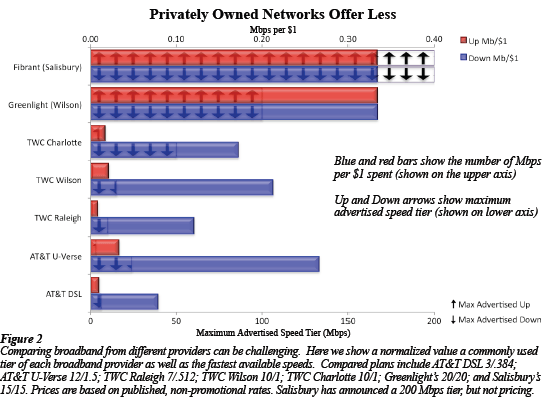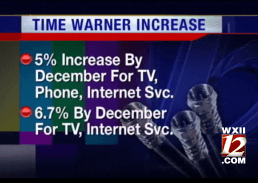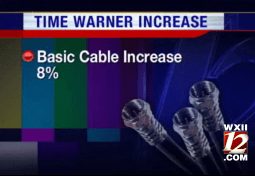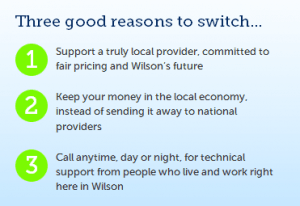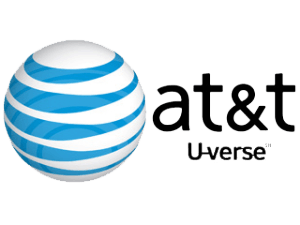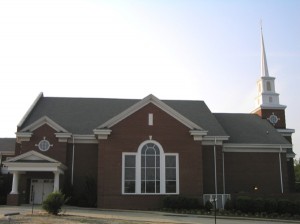
The Faith Baptist Church was told to live with Windstream's slow speed DSL or pay Time Warner Cable a $20,000 installation fee.
Despite claims from some in the state legislature that restricting fiber optic broadband development in communities like Salisbury is good for consumers and businesses, an increasing number of both are telling reporters a different story.
Faith Baptist Church, in the aptly-named community of Faith, N.C., can’t wait to sign up for Salisbury’s community fiber network — Fibrant. They believe in a faster broadband experience the local phone company cannot deliver.
Casey Mahoney, a church member, told the Salisbury Post the church wants to ditch its slow speed DSL service from Windstream and cannot afford the $20,000 installation fee Time Warner Cable wants to charge the congregation to extend its broadband service to the church building.
If some in the state legislature have their way, the church will have a long, perhaps infinite wait for a fiber optic future. A large number of legislators in the Republican-controlled state Senate are leaning towards voting for a bill custom-written by and for the state’s largest cable company — Time Warner Cable. The legislation would micromanage community-owned broadband networks right down to the streets they would be allowed to deliver service. Those terms, perhaps unsurprisingly, would not apply to the state’s largest cable and phone companies.
H.129, moving towards a hearing in the Senate Finance Committee Wednesday, would cement today’s marketplace for years to come — a duopoly Mahoney thinks makes Time Warner Cable’s $20,000 installation fee feasible.
He told the Post, “When you only have one company available in an area, that’s when they can say, ‘It will cost you $20,000 — take it or leave it.’ ”
Not everyone supports the cable industry’s efforts to lock down competition from community-owned providers. Several local officials who represent underserved communities across the state are upset the legislation is being railroaded through the legislature with almost no discussion.
“I am disappointed that the General Assembly is giving consideration to taking this right away from us without a single conversation taking place,” Kannapolis Mayor Bob Misenheimer complained to Sen. Andrew Brock (R), who serves Davie and Rowan counties.
Misenheimer is particularly upset cable operators want the right to restrict the service areas Fibrant can serve, and not allow the fiber network to expand service into Kannapolis. In fact, Brock’s office has received similar communications from the Faith town board and mayors from Rockwell, Landis, China Grove, Granite Quarry, Spencer, Cleveland, and Concord — all who want to be included in the Fibrant service area.
“Isn’t it simply amazing that Fibrant is being bashed as a failure-waiting-to-happen by the sponsors of this bill while mayors across two counties are absolutely clamoring to get the service to their residents,” said Stop the Cap! reader Andy Brown who lives near Landis. “How can Marilyn Avila and Tom Apodaca have the slightest bit of credibility on this issue when you see town leaders literally falling all over each coveting a service that these legislative-Friends-of-Time-Warner-Cable have predicted is a certain failure?”
“I want Fibrant in Landis myself, if only for the competition,” Andy shares. “You know, the kind of competition legislators are supposed to support.”
Andy describes efforts underway to distort the record on H.129 in hopes of whipping up consumer support for it.
“There are some silly stories being told attacking community networks like Fibrant on local media websites, including the ridiculous claim communities will be required to sign up for the service if it comes to town,” Andy reports. “These come from some of the same people who also claim fiber optic cables suffer from rot problems, wireless broadband is faster than fiber optics, and that Fibrant is part of the Obama Administration’s plan to socialize the Internet.”
“If these people want Windstream DSL or are happy paying annual rate increases far beyond the rate of inflation year after year, don’t sign up for Fibrant — but don’t dictate away that option for me,” Andy said. “The only ‘takeover of the Internet’ I see is by Time Warner and CenturyLink.”


 Subscribe
Subscribe